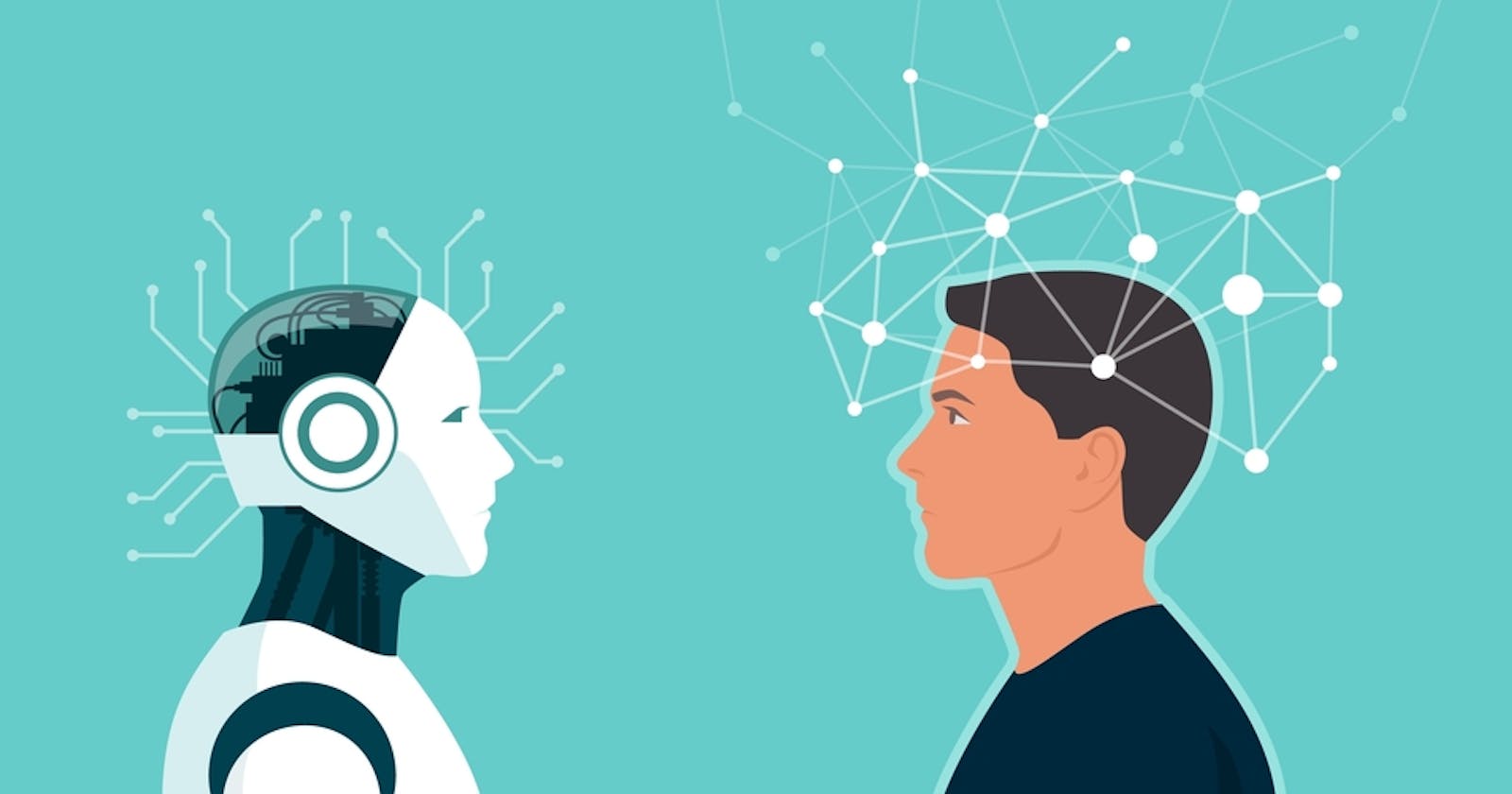Artificial intelligence (AI) and human intelligence have been compared and contrasted for decades, sparking debates about the future of work, society, and humanity. While AI has shown remarkable progress in recent years, human intelligence remains unique and unparalleled. In this article, we will explore the similarities and differences between AI and human intelligence and their implications for the future.
Similarities
At a fundamental level, AI and human intelligence share some similarities. They both process information, make decisions, and learn from experience. Both AI and humans can recognize patterns, extract meaning from data, and solve problems. However, the processes by which they achieve these tasks differ significantly.
Differences
One of the significant differences between AI and human intelligence is the way they approach tasks. AI is designed to be task-specific and is programmed to follow specific rules to complete tasks. In contrast, human intelligence can adapt to different situations, find creative solutions to complex problems, and learn from experience.
Another key difference is the ability to understand context. While AI is excellent at processing vast amounts of data, it lacks contextual understanding, which humans take for granted. For example, AI may identify a picture of a dog, but it cannot understand the concept of a dog or what it means to be a dog. On the other hand, humans can understand and appreciate the context in which a picture of a dog is presented.
Moreover, AI lacks emotions and empathy, which are essential aspects of human intelligence. Humans can recognize and understand emotions, respond to them appropriately, and empathize with others. In contrast, AI lacks these capabilities, and while it may be able to simulate emotions, it does not truly feel them.
Implications
The differences between AI and human intelligence have significant implications for the future. As AI continues to advance, it will undoubtedly change the way we work, live, and interact with each other. While AI may be able to perform many tasks better and faster than humans, it cannot replace human creativity, intuition, and empathy.
In the workplace, AI is likely to automate many routine and repetitive tasks, freeing up humans to focus on more complex and creative work. However, AI may also lead to job displacement, as machines become increasingly capable of performing tasks previously done by humans.
In society, AI has the potential to revolutionize healthcare, transportation, education, and other sectors, improving efficiency and quality of life. However, the use of AI also raises ethical concerns, such as privacy, bias, and accountability.
Conclusion
In conclusion, while AI and human intelligence share some similarities, they differ significantly in their approach to tasks, contextual understanding, and emotional intelligence. As AI continues to advance, it will undoubtedly bring significant changes to the way we work, live, and interact with each other. While AI can automate many tasks and improve efficiency, it cannot replace human creativity, intuition, and empathy. The future of AI and human intelligence will depend on how we can leverage the strengths of both to create a better world for everyone.
